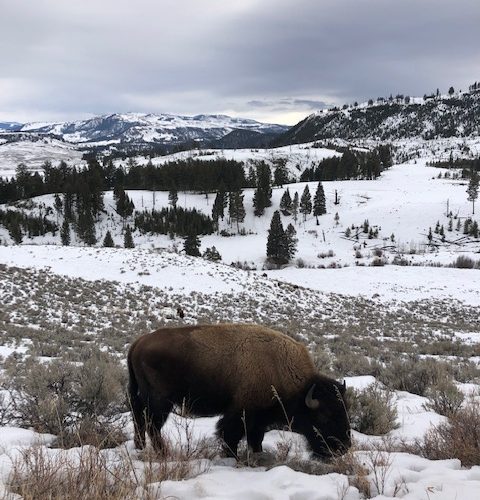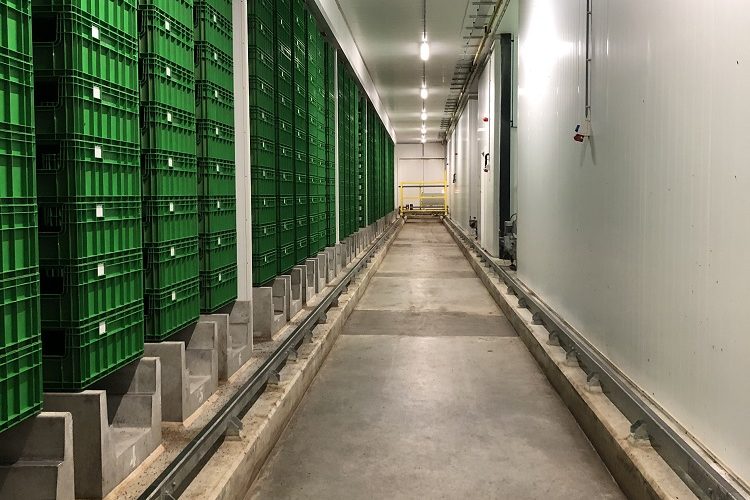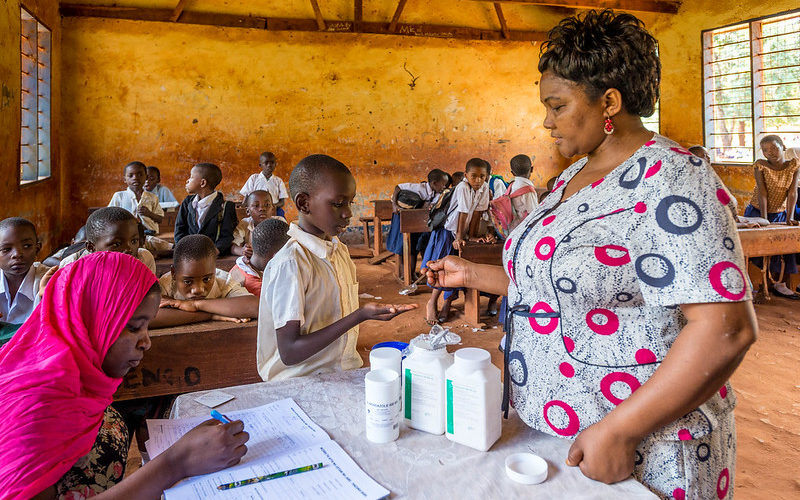
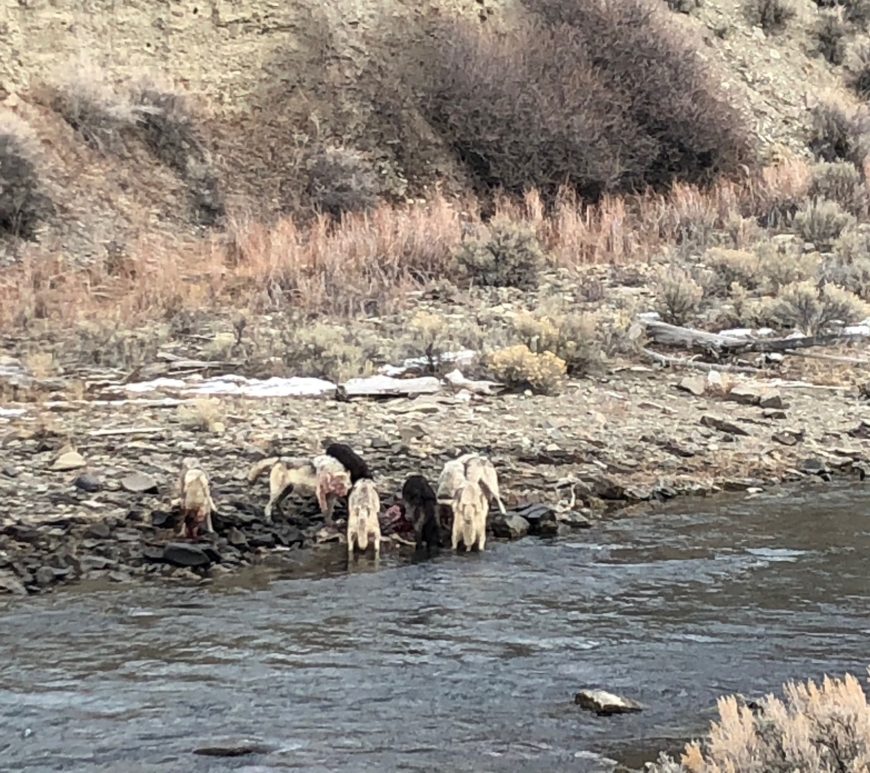
Winter of discontent for Yellowstone’s wolves
A fifth of Yellowstone National Park’s wolves were killed this winter after hunting laws were relaxed. The debate over whether they’re friend or foe rages on. I did a story for a radio piece to find out more. Listen to the story here (starts at 16.58). Broadcast on BBC Radio 4 From Our Own Correspondent on 26 May 2022. Continue reading Winter of discontent for Yellowstone’s wolves

Traditional Teas Are Taking Root in the Blackfeet Nation
Food sovereignty and Native American activist Danielle Antelope has trained members of her community to grow medicinal plants for healthy brews. Read the full story here. Published in Atlas Obscura on 19 May 2022. Continue reading Traditional Teas Are Taking Root in the Blackfeet Nation
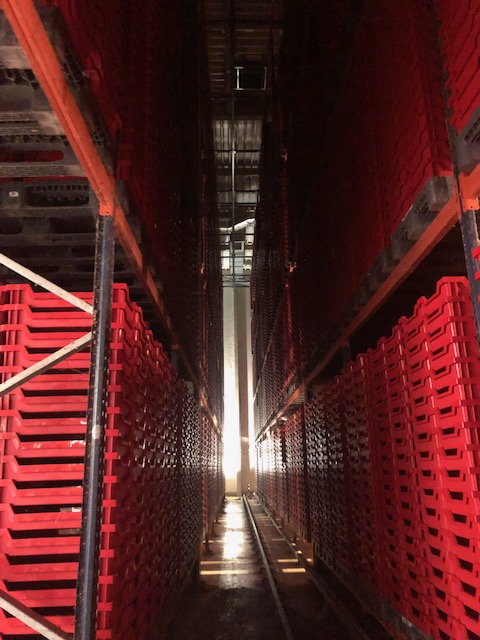
The World’s Largest Mealworm Farm
How can we feed the world – on a planet with finite resources and a growing number of people? Moreover, more of those people are eating more meat and fish – and those animals in turn need feeding, and protein, to grow. At the moment, soy and fishmeal are the main sources of protein for animal feed – but the demand for soy has been … Continue reading The World’s Largest Mealworm Farm
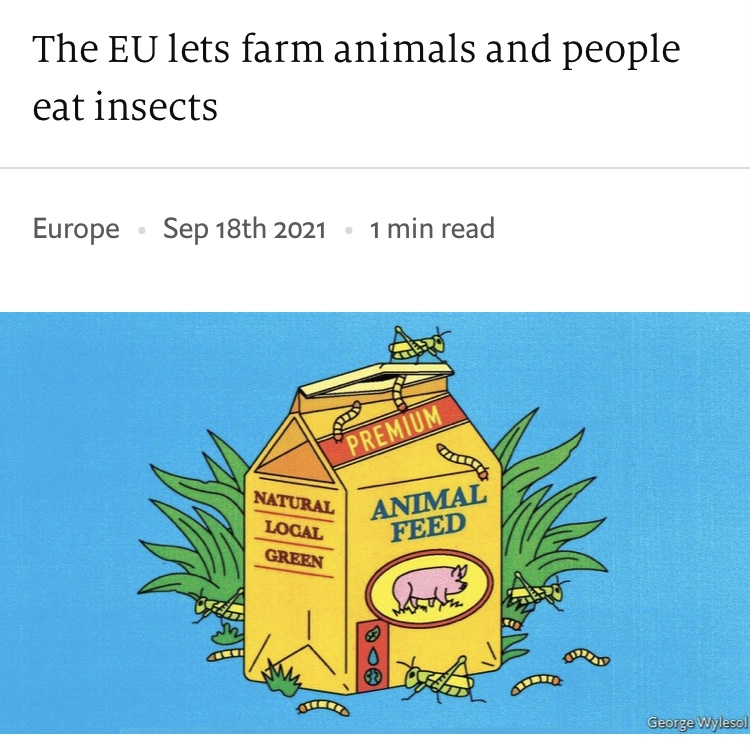
A Bug’s Life
The EU lets farm animals and people eat insects. First it was pets, then fish. Now it’s poultry and pigs. The list of animals allowed to feed on insects is growing. A new EU law authorising the use of insect protein in poultry and pig feed came into force earlier this month, a significant milestone for an industry keen to worm its way into the … Continue reading A Bug’s Life
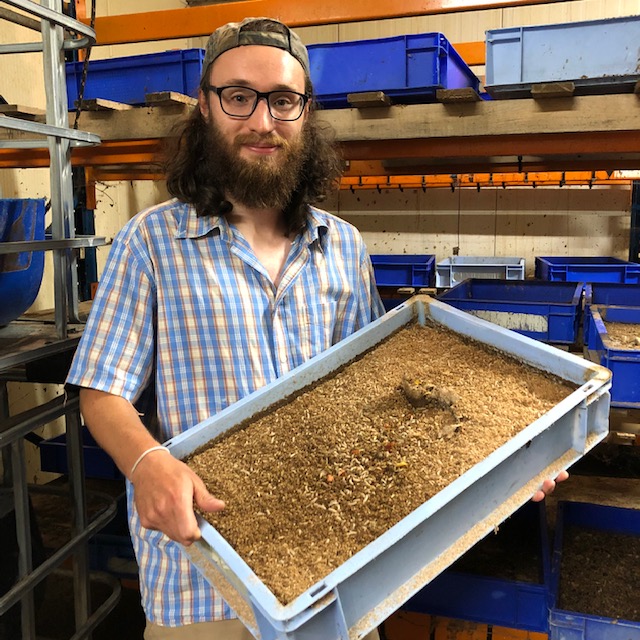
Bugs to the rescue
Using insects as animal feed could cut deforestation Insect protein in animal feed could replace 20% of the UK’s soya imports by 2050, according to a report by WWF. The study, which sets out a plan for the UK to accelerate the adoption of insect protein in animal feed, also found that just under half of the demand for the protein could be met by … Continue reading Bugs to the rescue

UK’s fledgling edible insect sector in jeopardy after Brexit
UK’s fledgling edible insect sector in jeopardy after Brexit. Legal changes triggered by Brexit are putting the UK’s fledgling edible insect sector in jeopardy. Before Brexit, all edible insect companies operated under transitional measures set out in the EU’s “novel food” regulation. This allowed insects to be legally farmed and processed for human consumption. While the novel food regulation has been retained in UK law, … Continue reading UK’s fledgling edible insect sector in jeopardy after Brexit
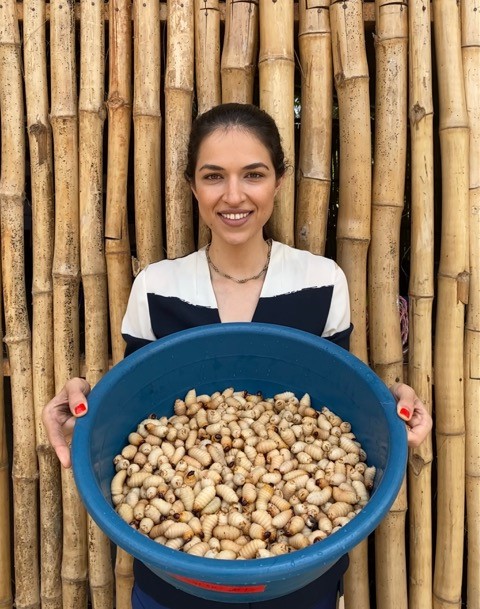
Africa is abuzz with insect protein
Africa is abuzz with insect protein. Insects are a traditional fare in much of Africa but growing realisation of their nutritional value and sustainability credentials is turning a very traditional fare into a 21st century commodity. Several companies now commercially rear insects that were once a seasonal treat. But the largest market is in animal feed: feed manufacturers are keen to move away from soy … Continue reading Africa is abuzz with insect protein
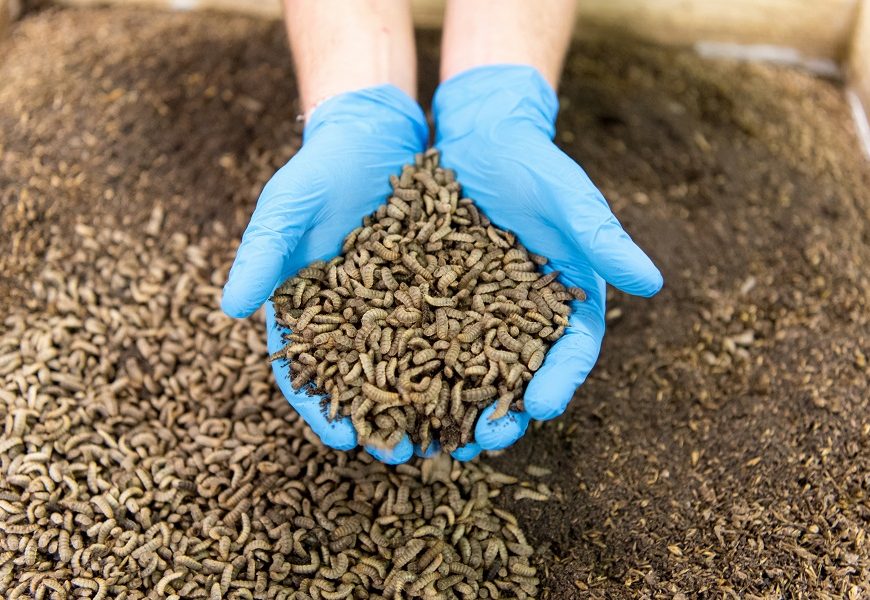
Poop for critters
We need to start feeding poop to insects. Animals create vast amounts of excrement, so why aren’t we feeding it to insects, the least fussy eaters out there? This is, after all, what many insect larvae actually feed on in the wild. Read the full story here. Published in Wired on 22 January 2021. Continue reading Poop for critters

Bugs bite in Madagascar
Bug bites in Madagascar In the last two years, two insect farming projects have taken off in Madagascar as a way to provide precious protein while alleviating pressure on lemurs and other wild animals hunted for bushmeat. One programme, which promotes itself with a deck of playing cards, encourages rainforest residents in the northeast to farm a bacon-flavoured native planthopper called sakondry. The other focuses … Continue reading Bugs bite in Madagascar
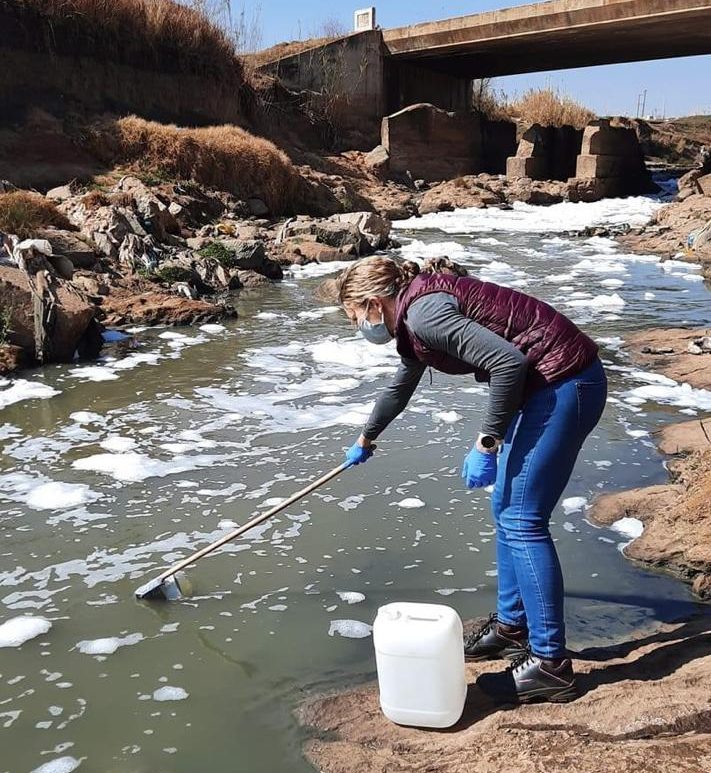
Testing for Covid-19 in sewage
A breakthrough in Covid-19 wastewater checks could speed up tests for informal settlements. Since the beginning of the pandemic, dozens of countries around the world have been monitoring their sewer systems for the Covid-19 virus. This is all well and good in countries where virtually all the population is connected to the sewer network. But for sub-Saharan Africa, where less than 10% of the population … Continue reading Testing for Covid-19 in sewage
